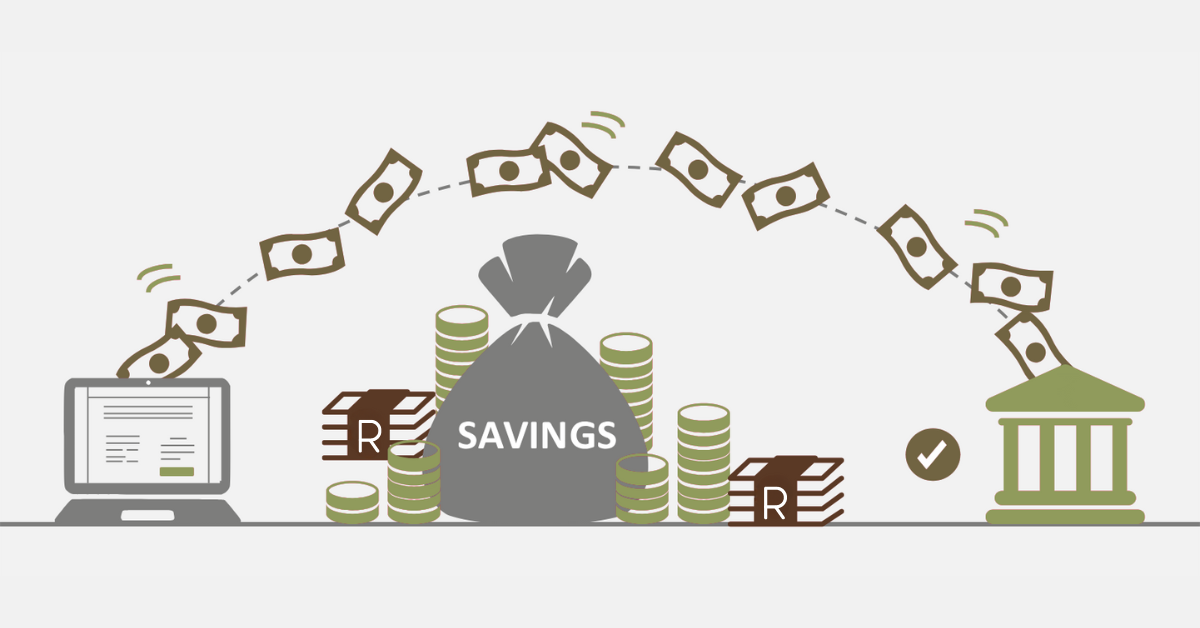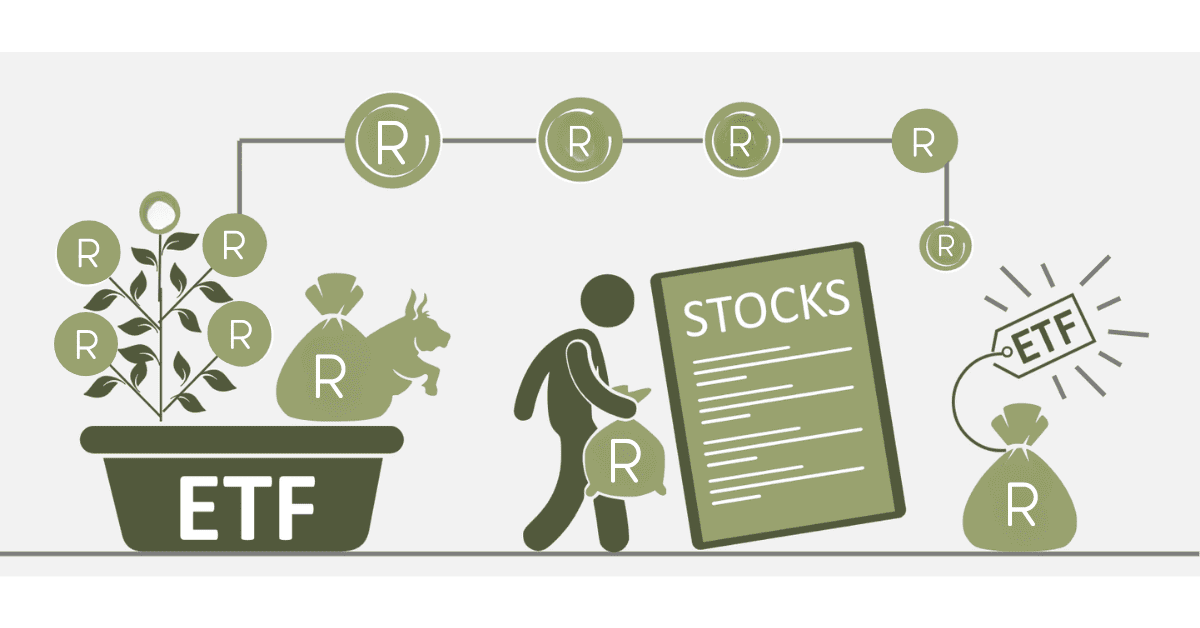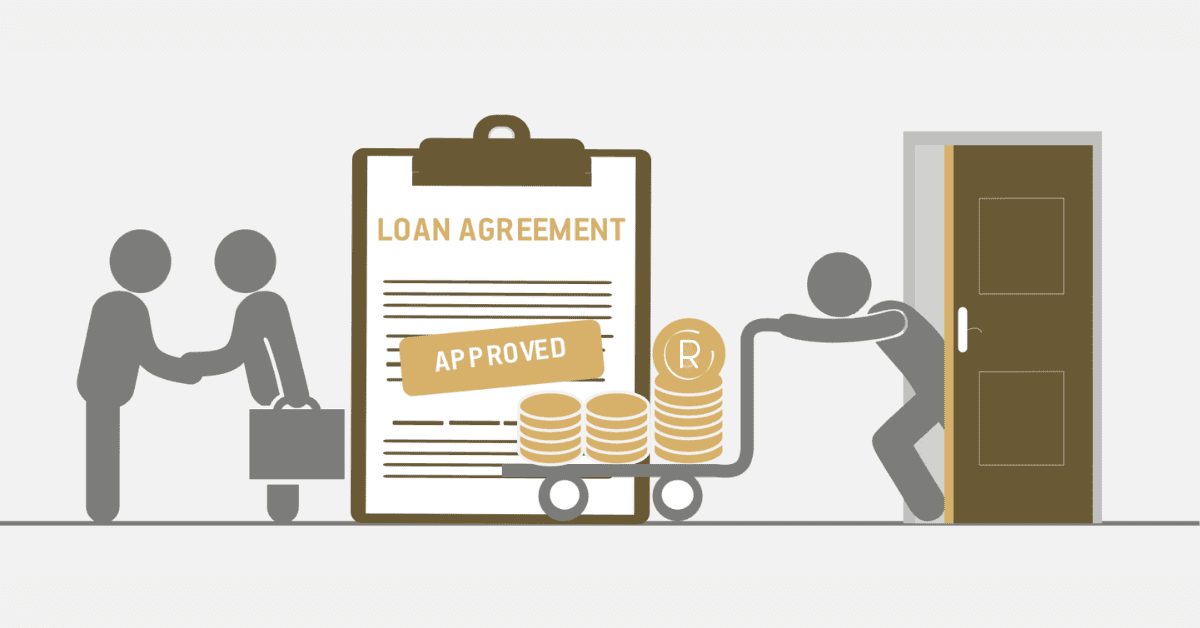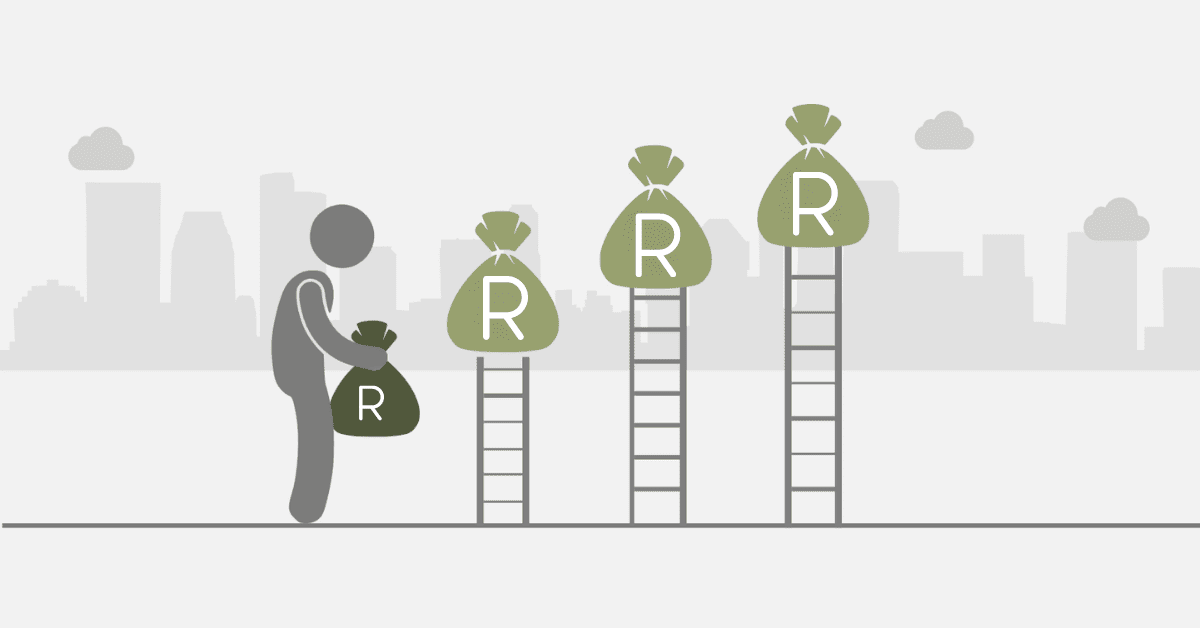Among the few famous avenues to accumulate wealth, property investment is one, but it most often requires huge capital when purchasing an entire property. This is where property shares step in, especially for those with relatively small budgets- a viable solution for aspiring investors in South Africa. This article explores how one buys property shares, the benefits of doing so, and the possible risks of such an investment in South Africa.
Can You Buy Shares of a Property?
Yes, one can invest in property shares without essentially acquiring those. This is through Real Estate Investment Trusts. It can further happen through diverse mechanisms such as EasyProperties, which allow users to invest in a share of property.
REITs own, operate and fund cash-generating real estate. Your investment in this related stock will mean indirect ownership of the properties that comprise its portfolio. Thus, this derives income from the rentals or even appreciation.
This is also partly echoed in South Africa through a similar model in fractional property ownership. At EasyProperties, an online platform, investors purchase shares in specific properties. These further simplify that process by managing the property, collecting rent, and then distributing the dividends to individuals from rental income, thus allowing them to gain capital when the property is sold.
This democratizes property investment for those who cannot afford the whole property. Whether you seek long-term wealth or steady rental income, buying fractional property ownership combines flexibility and scalability as one builds his investment portfolio.
How to Buy Property Shares in South Africa
- Choose Your Investment Route
You can invest in South Africa’s property shares through listed REITs on the Johannesburg Stock Exchange or through platforms like EasyProperties. Both avenues will give you different types of property, including residential, commercial, and industrial, which best fit your investment according to your risk appetite and goals.
- Setup Investment Account
To start venturing into REITs, you will require a brokerage profile. The FSCA regulates the stockbrokers through which you can secure and sell securities on the JSE. A few well-known stockbrokers exist: EasyEquities, FNB Securities, and Absa Stockbrokers. Some of these, like EasyProperties, allow you to create an online account.
- Research Properties or Funds
Do your research on the REITs or the properties for sale. Research rental yields, location trends, historical performance, and management fees. For instance, in EasyProperties, the high-yielding properties are already selected by experts; hence, you filter through them based on their selections.
- Invest in Shares
Target an investment and buy shares in a brokerage account or another platform. The shares will imply ownership in diversified real estate when invested through REITs, while on platforms like EasyProperties, you can choose properties.
- Monitor and Earn Returns
Your returns will vary depending on the kind of investment. REITs usually invest dividends from income besides distributing proceeds when the property is sold. In platforms like EasyProperties, investors get quarterly dividends and possible capital gains after a certain period determined in the investment.
Does Buying Shares Make You an Owner?
When you invest in property shares, your ownership is said to be indirect. Indirectly, you own the shares of a company owning those properties in REITs. It, therefore, means that you enjoy the appreciation of the property and its rental income, but you are not the owner of the buildings.
Fractional ownership platforms are similar but often offer a more tangible sense of ownership, where the investment you make in shares of ownership is associated with that asset itself. At the same time, you will not have any personal say in that property, nor will you have any decision-making powers regarding the management of the property.
The major pitfalls are that fractional shareholders do not have any voting rights. You may be entitled to the income in proportion to your share. Still, the decision-making process regarding how property is and should be managed rests with the management decisions taken by the parent overseeing the company.
On the plus side, the responsibility is lower-you are not required to manage tenants, pay for repairs, or deal with legalities. You get exposure to the property market and returns through REITs or fractional ownership. However, your role as an investor remains passive in that your influence in ownership remains minimal.
What Are the Disadvantages of Buying Shares?
While investment in property shares has so many advantages, some of the shortcomings that you may be open to are listed below:
- Market Volatility
Property shares, notably REITs, are highly vulnerable to changes in market conditions. During an economic slump, property values go down, and hence, rental income decreases, to which your return is directly tied.
- Lack of Control
You have no say in the decision-making process for any action regarding property management or sale of the property as a shareholder. Your success solely depends on the discretion of the management involved.
- Fees and Expenses
REITs and fractional platforms involve management fees, which are included in your returns. You should know such costs in advance.
- Less Liquidity for Some Investments
Whereas immediate liquidity is achievable with the REITs trading in the JSE, in the case of fractional property shares, one may need to wait until the property is sold before cashing in on one’s investment.
What Is the Risk of Investing in Shares?
There are specific risks related to property shares:
- Economic Factors
Interest rate fluctuations, inflation, and recession could lower property values and rental yields, potentially affecting your returns.
- Property-Specific Risks
Expect the adverse impact of single factors on your investment. With a single investment in property, some single factors, such as defaults from tenants, problems in maintenance, and declines in location-specific areas, can disproportionately affect your investment.
- Illiquidity
Very few fractional ownership platforms have fixed periods for locking in your funds, making access to the invested amount complex in case of any emergency.
- Market Sentiment
Since REITs would be publicly traded, their prices would fluctuate depending on investor sentiment and market conditions rather than whether property performance warranted such fluctuation.
Final Thoughts
Investing in real estate via share buying is currently the most plausible method of acquiring real estate without burdening oneself with the hassles of full property ownership in South Africa. With platforms like EasyProperties, one can quickly and affordably get started. Of course, risks include market volatility and a lack of control, but this will be ensured with proper research and a diverse strategy to make your investment successful. Whether the target is passive income or capital growth, property shares offer an easy entry into the fast-growing South African real estate.














